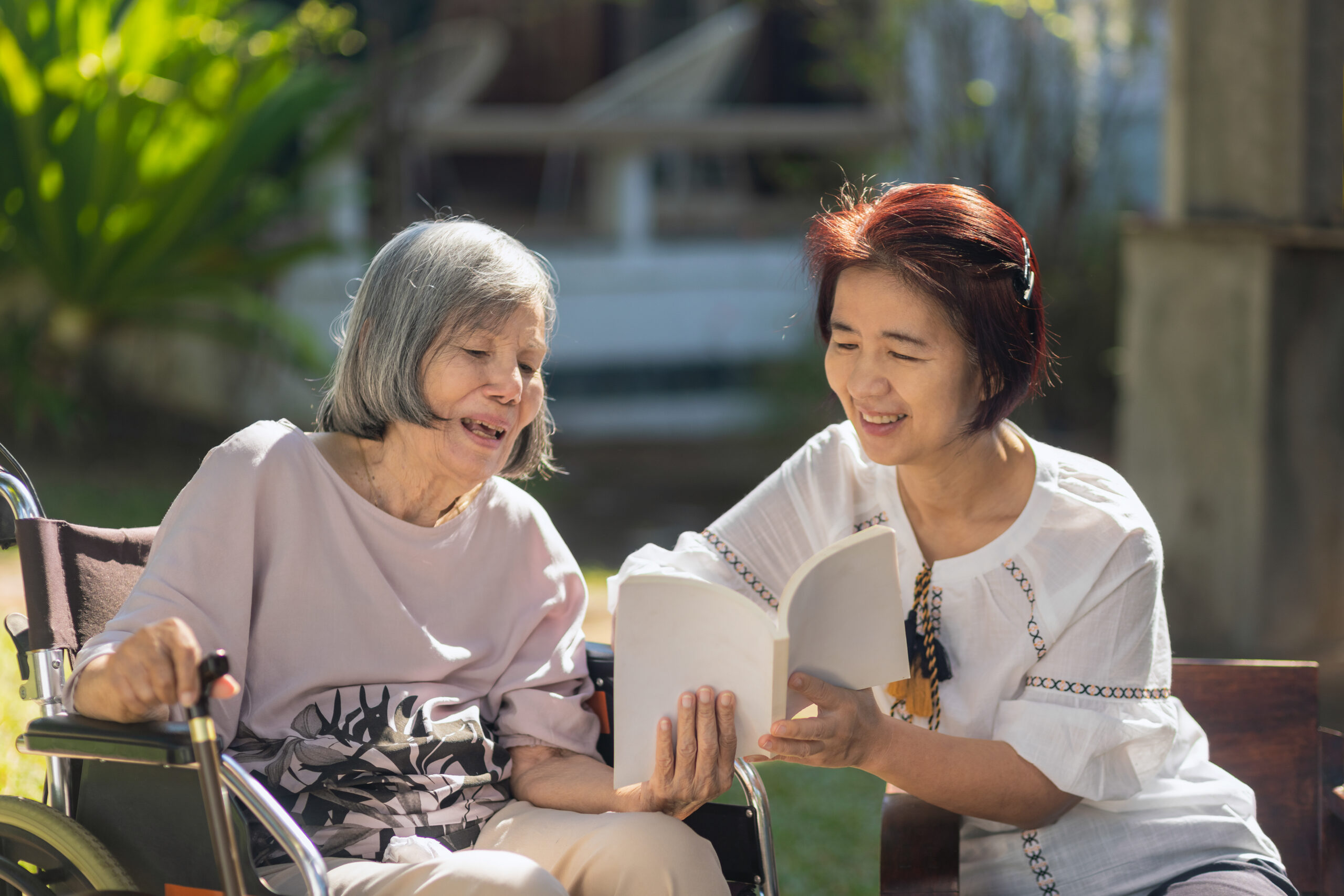Singaporean Women Living in China: The Uneven Burdens of Middle-class Transnational Caregiving
March 4, 2024
International Women’s Day is commemorated annually on 8 March. This celebration empowers women by making their struggles visible, thus advocating for greater equality of the sexes.‘Singaporean Women Living in China: The Uneven Burdens of Middle-class Transnational Caregiving’ (Asian Studies Review, 2022) by Dr Sylvia Ang (Monash University), Associate Professor Thang Leng Leng (NUS Japanese Studies and Next Age Institute), and Professor Elaine Ho (NUS Geography and Asia Research Institute) contributes to knowledge about the inequalities women face, particularly in the transnational and ageing contexts.
The paper draws on interviews with Singaporeans who are living in or recently lived in China. It primarily examines how gender moulds the options open to unmarried women and the decisions they make as they negotiate life between China and Singapore. The study finds that, as much as visa and residence status influence whether female migrants can stay in China, ideas of what is expected (or proper) behaviour also impact their decisions to stay in or leave China.
The authors first observe that, compared to men, foreign women in China (including Singaporeans) have fewer options to prolong their stay. This is because, firstly, at the time of writing, the retirement age for women in China was 55, five years earlier than the retirement age of 60 for men. This means that employment opportunities are limited and less permanent for older women. Secondly, access to permanent residence or citizenship is strongly tied to marital status. Older women find it challenging to meet this requirement because it is difficult for them to find local partners: there is a cultural propensity for men to date women who are younger than them.
The researchers also uncover that older women in families split between China and Singapore frequently find themselves in transnational caregiving roles. Unmarried women living in China tend to retain some form of care expectations back in Singapore. They could be supporting families financially by paying for rent or education expenses. They are also expected to travel several times a year to visit family members, sometimes taking over care duties during the time they are back in Singapore. The study’s respondents report that they dutifully respond to these expectations.
Gendered expectations in Singapore also seem to impact the migrants’ decisions to move back from China. For instance, some respondents indicate that they felt obligated to return to Singapore to care for ageing parents because their married siblings are busy with their own families. They internalise their obligations to take care of older family members by virtue of their status as single women.
The study finds that gendered norms not only apply to young women, but persist into middle-age as well. The effects of gendered expectations are also surprisingly cross-national. In this case, gendered expectations in Singapore are also revealed to apply to Singaporean women living abroad.
Read the article here: https://www.tandfonline.com/doi/abs/10.1080/10357823.2022.2124955

